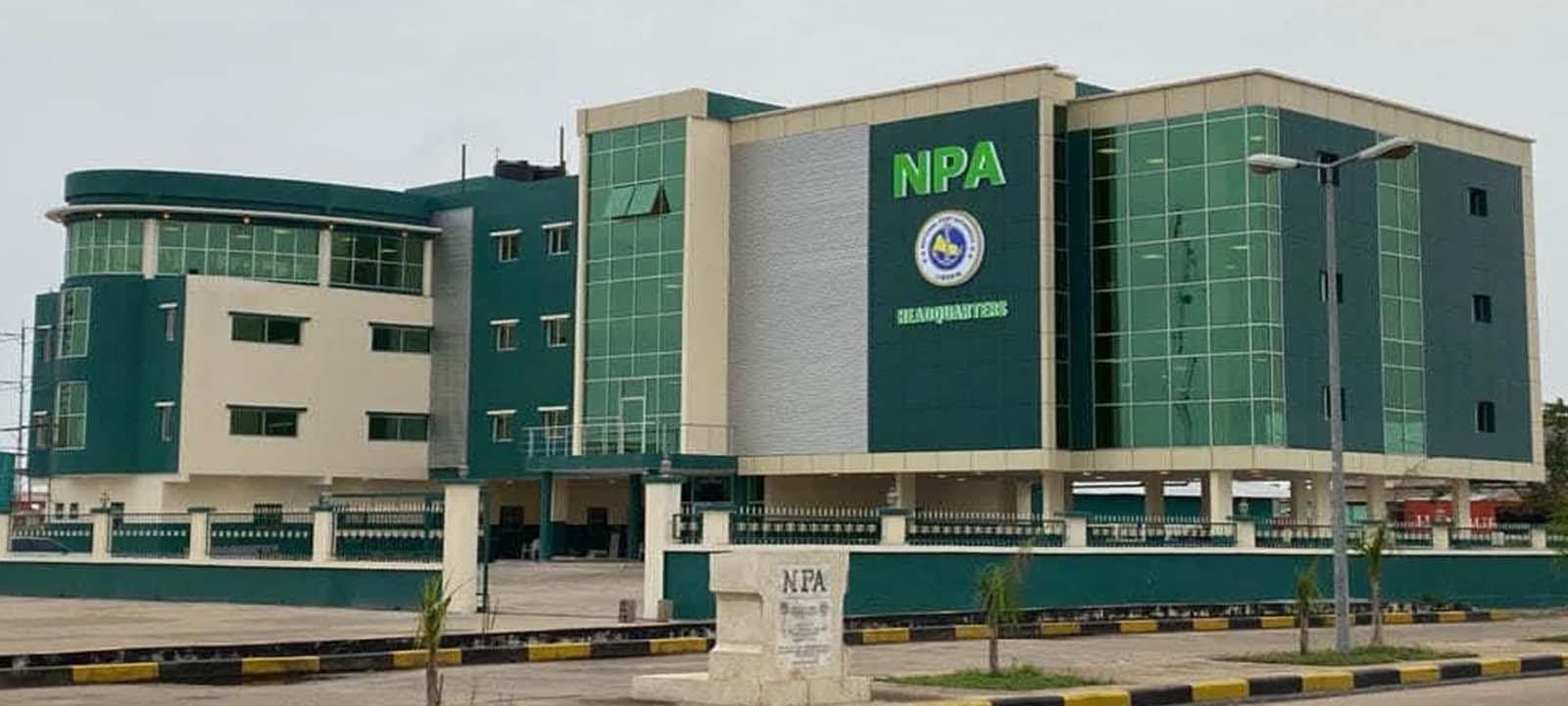Africa-Press – Liberia. In a move seen as a major step toward revitalizing Liberia’s economy, the House of Representatives has concurred with the Liberian Senate in passing the Port Autonomy Act, establishing the Independent Seaport and Inland Ports Regulatory Authority.
The legislation, passed during the 12th day sitting of the second session of the second quarter of the 55th Legislature, aims to enhance the regulation and development of Liberia’s seaports and inland ports, ensuring safe, transparent, and efficient operations while promoting sustainable development.
According to the legislative report, the Act received unanimous approval from the House’s Plenary—the body’s highest decision-making authority—after recommendations from the Joint Committees on Maritime Affairs and Ways, Means, and Finance.
The Joint Committees urged the Plenary to adopt several strategic measures to modernize infrastructure by allocating substantial financial resources from port revenues and aggressively pursuing foreign direct investment (FDI) and concession agreements. These efforts aim to facilitate a comprehensive upgrade of physical infrastructure at all ports.
Among the key recommendations:
• Rehabilitation and construction of modern, deep-water berthing facilities to accommodate larger vessels.
• Procurement of essential cargo-handling equipment such as reach stackers, cargo grabs, and spreaders.
• Expansion and modernization of warehousing, cold storage, and open storage facilities to meet international standards.
• Improvement of internal port road networks and gate systems to ensure efficient cargo flow.
The Committees also emphasized the importance of technical integration and automation, recommending the deployment of automated systems for inventory management, cargo tracking, and customs clearance. These systems are expected to enhance transparency, reduce delays, and minimize corruption in port operations.
Further, the report called for the adoption of modern navigation and communication technologies to improve the safety and efficiency of vessel movements.
A significant component of the Act centers on human resource development. The House was urged to conduct a comprehensive assessment of technical and managerial skills gaps within the port sector and implement continuous training programs in areas such as logistics, port management, engineering, IT, and environmental management, in collaboration with national and international institutions.
To attract and retain qualified staff, the Committees recommended the development of competitive remuneration packages and clearly defined career progression paths for technical and managerial personnel.
The passage of the Port Autonomy Act aligns with the government’s widely publicized decentralization strategy. It effectively reduces the central control of the National Port Authority (NPA) headquartered in Monrovia and grants greater operational autonomy to the country’s four major seaports.
With the new law in place, port management and operations—previously centralized under the NPA—will now be decentralized, paving the way for more localized, efficient, and responsive port governance.
The Act is expected to bolster economic activity, improve port efficiency, and attract critical investment into the maritime and logistics sectors, contributing significantly to Liberia’s broader development goals.
For More News And Analysis About Liberia Follow Africa-Press






